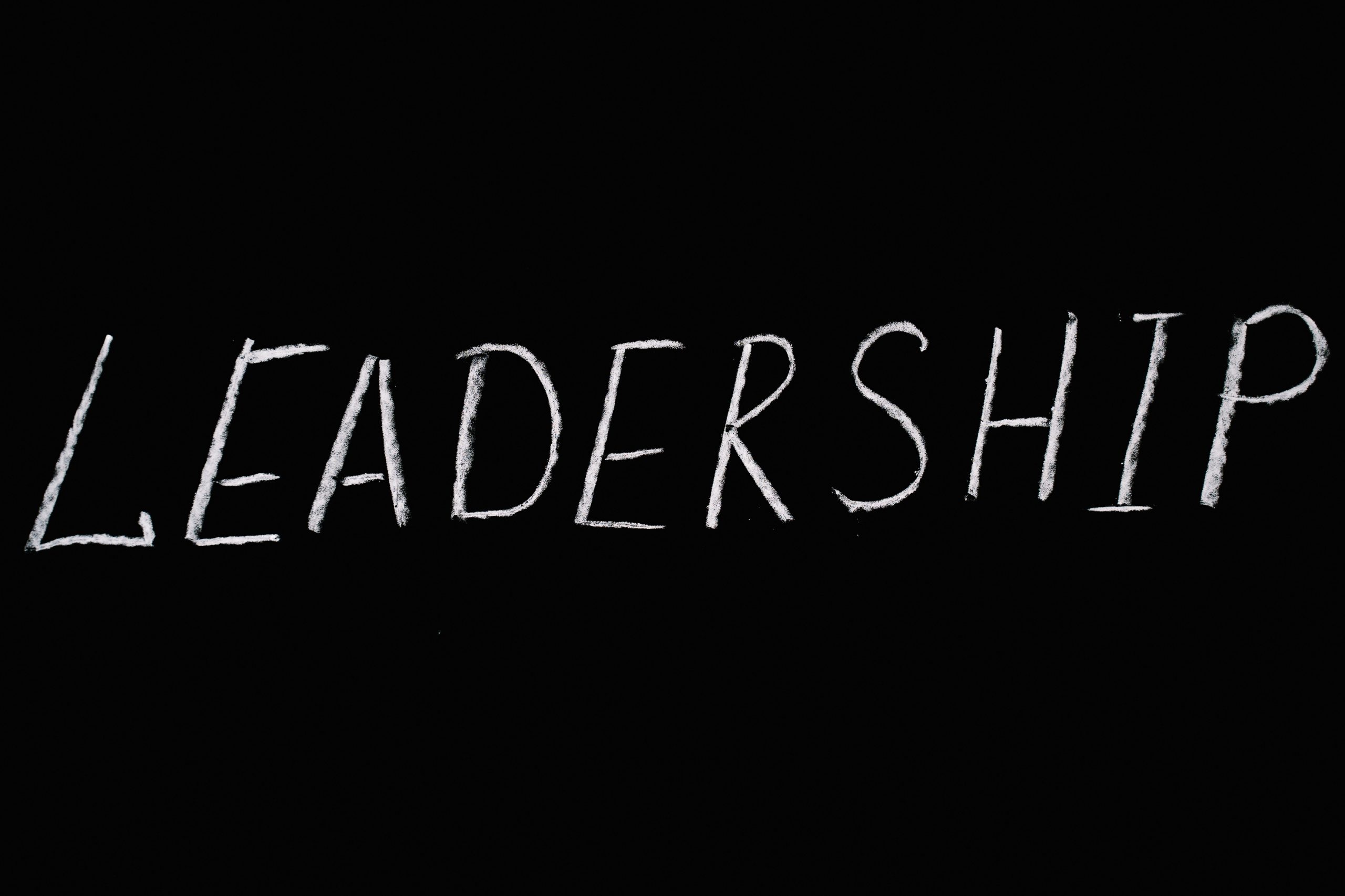If you find yourself in need of expert legal guidance in matters of probate law in the Bountiful, Utah area, look no further. The Probate Attorney in Bountiful, Utah is here to provide you with dedicated and professional representation. With a wealth of experience and a deep understanding of the complexities surrounding probate proceedings, this attorney is well-equipped to guide you through the legal process. Whether you require assistance with estate administration, will contests, or any other probate-related matter, trust the expertise and knowledge of the Probate Attorney in Bountiful, Utah to ensure your interests are protected. Contact our office today to schedule a consultation and discover how we can assist you.
Find A Probate Attorney In Bountiful Utah
Services Offered
Probate administration
Probate administration refers to the legal process of validating a will and distributing the assets of a deceased individual according to their wishes. A probate attorney can assist you in navigating the complexities of this process, ensuring that the estate is administered smoothly and efficiently.
Estate planning
Estate planning involves creating a comprehensive strategy to manage and distribute your assets upon your death. A probate attorney can help you structure your estate plan to minimize taxes, establish trusts, and ensure that your assets are distributed according to your wishes.
Will and trust formation
A probate attorney can assist you in creating a legally binding will or trust document. These documents outline how you want your assets to be distributed upon your death and can help avoid disputes and confusion among heirs.
Asset protection
Asset protection involves implementing legal strategies to safeguard your assets from potential creditors or legal claims. A probate attorney can help you structure your estate in a way that minimizes vulnerability and ensures that your assets are protected for future generations.
Guardianships and conservatorships
In cases where an individual is unable to make sound decisions or care for themselves, a probate attorney can help establish guardianships or conservatorships. These legal arrangements ensure that someone is appointed to make decisions and provide care for the person in need, overseeing their financial, legal, and personal affairs.
Understanding Probate
Definition and purpose
Probate is the legal process through which a deceased individual’s assets are distributed and their estate is settled. Its primary purpose is to ensure that the wishes of the deceased, as outlined in their will or according to state law, are fulfilled. It provides a legal framework for resolving disputes, paying off debts, and transferring ownership of assets.
The probate process
The probate process typically begins with the submission of the deceased individual’s will to the appropriate probate court. The court then appoints an executor or personal representative who is responsible for managing the estate. The process involves gathering and valuing assets, paying off debts and taxes, and distributing assets to the designated beneficiaries.
Steps involved in probate
The steps involved in the probate process may vary depending on the complexity of the estate and state laws. However, common steps include filing the will with the probate court, notifying beneficiaries and potential creditors, inventorying and appraising assets, resolving any claims or disputes, paying off debts and taxes, and distributing the remaining assets to beneficiaries.
Probate timelines and costs
The duration of the probate process can vary significantly depending on the size and complexity of the estate, as well as any potential disputes or challenges that arise. In general, probate can take several months to a year or longer. Probate costs can include court fees, attorney fees, and other administrative expenses, which are typically paid from the estate’s assets.

Get Help From A Probate Attorney In Bountiful Utah
Importance of Hiring a Probate Attorney
Legal expertise and guidance
Probate laws can be complex and vary from state to state. Hiring a probate attorney ensures that you have access to expert legal advice and guidance throughout the entire probate process. They can help you navigate the intricacies of the law, ensure compliance with applicable regulations, and protect your interests.
Avoiding common mistakes
The probate process is fraught with potential pitfalls and mistakes that can result in delays, increased costs, and disputes among beneficiaries. A probate attorney has the knowledge and experience to help you avoid these common mistakes, such as improper asset valuation, missed deadlines, and incomplete documentation.
Efficient estate administration
By hiring a probate attorney, you can streamline the estate administration process. They can handle the required paperwork, communicate with the probate court and other parties involved, and ensure that all necessary steps are taken promptly. This can help expedite the probate process and minimize unnecessary delays.
Protection against disputes and claims
Probate can sometimes lead to conflicts among beneficiaries or potential claims from creditors. A probate attorney can help you navigate these disputes, advocate for your interests, and minimize the likelihood of prolonged litigation. They have the expertise to negotiate and mediate, reducing the potential for contentious confrontations.
Choosing the Right Probate Attorney
Experience and specialization
When selecting a probate attorney, it is crucial to consider their experience and specialization in probate law. Look for an attorney who has a track record of successfully handling probate cases similar to yours. Their experience will ensure that they are well-versed in the nuances and complexities of probate administration.
Credentials and qualifications
Ensure that the probate attorney you choose is licensed to practice law in your state and is a member of relevant professional organizations. These credentials indicate that the attorney has met the necessary requirements and consistently upholds ethical standards.
Reputation and client reviews
Research the probate attorney’s reputation within the legal community and among their previous clients. Read online reviews and testimonials to gain insight into their professionalism, communication skills, and overall client satisfaction. Choosing an attorney with a positive reputation can give you peace of mind and confidence in their abilities.
Fee structure and cost transparency
Discuss the probate attorney’s fee structure upfront to ensure that it aligns with your budget and preferences. Some attorneys charge a flat fee, while others may bill hourly or based on a percentage of the estate’s value. Additionally, make sure the attorney provides transparent and detailed information about potential costs and expenses associated with the probate process.

Estate Planning
Preparing a will
A will is a legal document that outlines how you want your assets to be distributed upon your death. It allows you to name beneficiaries, designate guardians for minor children, and specify any unique requests or conditions for the distribution of your assets. Consulting with a probate attorney during the preparation of your will ensures that it is legally valid and comprehensive.
Establishing trusts
Trusts are legal arrangements that allow you to transfer assets to a trustee who will manage and distribute them according to your instructions. Trusts can provide privacy, flexibility, and potential tax advantages. A probate attorney can guide you in selecting the appropriate trust structure and help in its establishment.
Naming beneficiaries
Choosing beneficiaries is a crucial aspect of estate planning. A probate attorney can assist you in identifying and naming beneficiaries for your assets, ensuring that your wishes are clearly stated and legally enforceable. They can advise you on the most effective ways to minimize estate taxes and potential disputes among beneficiaries.
Durable power of attorney
A durable power of attorney is a legal document that designates someone to act on your behalf in financial and legal matters if you become incapacitated. A probate attorney can help you understand the importance of establishing a durable power of attorney and assist in selecting a trustworthy individual to fulfill this role.
Healthcare directives
Healthcare directives, also known as advance directives or living wills, allow you to specify your healthcare preferences in the event that you become unable to communicate or make decisions. A probate attorney can guide you in preparing these documents to ensure that your wishes regarding medical treatment, end-of-life care, and organ donation are clearly articulated and respected.
Probate vs. Non-Probate Assets
Differentiating between probate and non-probate assets
Probate assets are those that are solely in the deceased individual’s name and require legal oversight for their distribution. Non-probate assets, on the other hand, bypass the probate process and are distributed directly to designated beneficiaries. A probate attorney can help you identify which assets fall into each category and devise strategies to minimize the number of assets subject to probate.
Avoiding probate through asset planning
One of the goals of estate planning is to minimize the assets that go through the probate process. This can be achieved through various asset planning techniques, such as establishing joint ownership, designating beneficiaries on retirement accounts and life insurance policies, and creating trusts. A probate attorney can provide guidance on implementing these strategies effectively.
Transferring assets outside of probate
By utilizing non-probate transfer mechanisms, such as beneficiary designations and living trusts, you can bypass the need for probate in transferring assets. A probate attorney can assist you in structuring these mechanisms to ensure that assets are transferred smoothly and according to your wishes, without the need for probate court involvement.
Common Probate Challenges
Will contests and disputes
Disputes can arise when beneficiaries or other interested parties challenge the validity of a will or its terms. A probate attorney can help navigate these challenges and defend the validity of the will, presenting evidence and legal arguments to support your case.
Undue influence claims
Undue influence claims occur when someone asserts that the deceased individual was coerced or manipulated into making certain provisions in their will. A probate attorney can help investigate and defend against such claims, protecting the integrity of the deceased’s wishes.
Lack of capacity challenges
Challenges may arise if a beneficiary or interested party argues that the deceased did not have the mental capacity to create a valid will. A probate attorney can gather evidence and medical records to support the deceased’s testamentary capacity, ensuring the will is upheld.
Executor or trustee removal
In some cases, an executor or trustee may breach their fiduciary duty or fail to properly administer the estate or trust. A probate attorney can guide you in seeking the removal of an executor or trustee and help you appoint a successor who can carry out their responsibilities effectively.
Probate Fees and Costs
Understanding probate fees
Probate fees refer to the costs associated with the probate process, including court filing fees, attorney fees, and any costs incurred during the administration of the estate. These fees can vary depending on the complexity of the estate, the value of the assets, and the specific services provided by the probate attorney.
Factors affecting probate costs
Several factors can influence the overall costs of probate. These include the size and complexity of the estate, the presence of disputes or challenges, the need for asset valuation or appraisal, and any potential tax obligations. A probate attorney can assess these factors and provide an estimate of the expected costs.
Fee structures and payment arrangements
Probate attorneys may charge fees using different structures, including hourly rates, flat fees, or a percentage of the estate’s value. It is essential to discuss fee structures and payment arrangements with your probate attorney upfront to ensure clarity and avoid surprises.
Estimating potential probate expenses
While it is challenging to provide an exact estimate for probate expenses given the unique circumstances of each case, a probate attorney can provide an overview of potential expenses based on similar cases they have handled. This information can help you budget and plan accordingly.

Client Testimonials
Satisfied client stories and feedback
Our clients have consistently expressed their satisfaction with our probate services, highlighting our professionalism, knowledge, and dedication. They appreciate our ability to navigate complex legal situations with ease, providing them with peace of mind during challenging times. Here are a few testimonials from our clients:
-
“Working with the probate attorney at our firm was a truly positive experience. They guided us through every step of the process with expertise and compassion, alleviating our concerns and ensuring everything was handled appropriately.” – John D.
-
“The probate attorney we hired from this firm went above and beyond to protect our interests during a challenging probate case. Their attention to detail and strategic thinking resolved the dispute in our favor, and we are incredibly grateful for their services.” – Emily S.
How our services made a difference
Our probate services have made a significant difference for our clients by providing them with expert legal guidance, resolving disputes efficiently, and ensuring smooth estate administration. We understand the emotional and financial stakes involved in probate matters and are committed to achieving the best possible outcomes for our clients.
Frequently Asked Questions
What is probate?
Probate is the legal process through which a deceased individual’s assets are distributed and their estate is settled. It involves validating the deceased’s will, paying off debts and taxes, and distributing the remaining assets to beneficiaries.
How long does probate take?
The duration of the probate process can vary depending on the complexity of the estate and any disputes or challenges that arise. In general, probate can take several months to a year or longer.
How much does probate cost?
Probate costs can vary depending on several factors, including the size and complexity of the estate, the presence of disputes, and the specific services provided by the probate attorney. It is best to consult with a probate attorney to obtain an estimate of potential costs in your situation.
When should I hire a probate attorney?
It is advisable to hire a probate attorney as soon as possible after the death of a loved one or if you are considering creating an estate plan. An experienced probate attorney can guide you through the process, protect your interests, and ensure compliance with applicable laws and regulations.